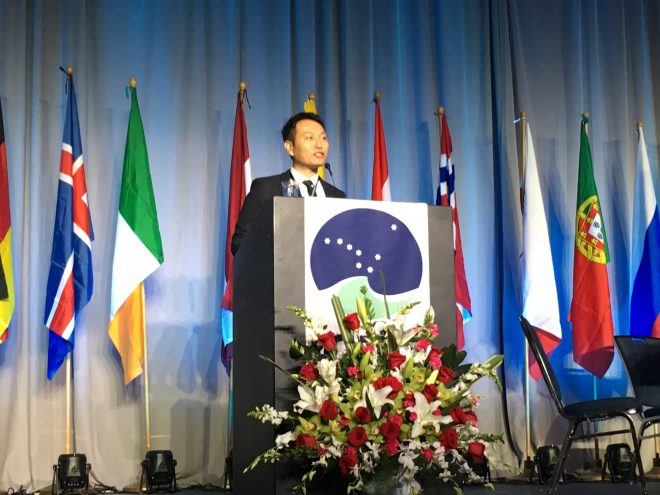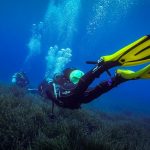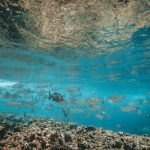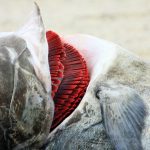Nereus Director of Science William Cheung has won the Prix d’Excellence Award by the International Council for the Exploration of the Sea (ICES). The Prix d’Excellence is awarded every three years for a high level of achievement in marine sciences work through research, scientific leadership and scientific policy leadership.
Cheung’s research is recognized internationally as an important part of the foundation for understanding future impacts of climate change on global marine biodiversity. His works cut across multiple disciplines, from oceanography to ecology, economics and social sciences, and range from local to global scales. He developed a new modelling approach, the Dynamic Bioclimate Envelope Model, and generated the first series of global maps of changes in species richness of marine fishes and invertebrates because of their range shifts under climate change.

Cheung is actively involved in international and regional initiatives that bridge science and policy, including with the Intergovernmental Panel on Climate Change (IPCC). His findings have been publicized by major international and regional media, including CBC, BBC, CNN, Le Monde, Wall Street Journal, Forbes, and the Guardian.
“William Cheung’s work is incredibly important for understanding the future of our oceans under global environmental changes,” says Yoshitaka Ota, Nereus Program Director of Policy. “With the Nereus Program, he is leading a global group of interdisciplinary researchers tackling the biggest issues our oceans face. He is also mentoring the next generation of researchers, who are learning under his guidance to not only be great scientists, but also communicators and policy influencers. Everyone agrees that he is also the nicest fisheries scientist around.”
The award was given out at the ICES Annual Science Conference (ASC) on September 18, 2017. The award is for those that have contributed to the sustained use and conservation of marine ecosystems through their research, scientific leadership and/or leadership in the objective application of science to policy. Innovation, teamwork, mentoring, and objective communication with the public exemplify the career of the recipient of this award.
“I’m honoured to receive this award and that my work has been recognized in this way,” says Cheung. “I’d like to thank ICES and also the many contributions of my collaborators within the Nereus Program, who I share this success with.”






